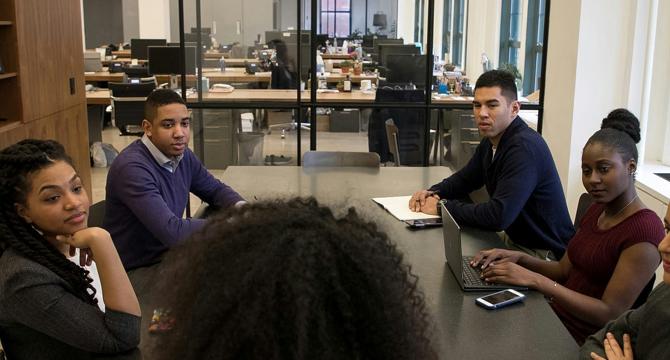Medium
1M
36

Image Credit: Medium
AI WOULD CHANGE ALL OF YOUR JOBS < YOU ARE NOT EXCLUDED> : Dynamics of the AI Revolution
- Artificial intelligence (AI) is rapidly evolving and will significantly impact the job market, causing both job displacement and the creation of new roles.
- The integration of AI across various industries is reshaping the global workforce, necessitating proactive adaptation at individual, business, and policy levels.
- AI's advancement has led to automation of existing jobs while generating opportunities for increased productivity and collaboration with AI.
- Societal and ethical considerations regarding AI in employment underscore the need for responsible deployment and upskilling efforts.
- Forecasted job displacement due to AI prompts a reevaluation of skills demanded in the future job market and necessitates continuous learning and adaptation.
- AI's impacts span industries like healthcare, finance, education, and transportation, with both benefits and challenges identified.
- The World Economic Forum anticipates the creation of 170 million new jobs by 2030 alongside the displacement of 92 million jobs, emphasizing the importance of upskilling.
- As AI technologies evolve, individuals and organizations must embrace skill development, strategic planning, and responsible AI implementation to navigate the AI-driven future of work successfully.
- The dynamic nature of AI's influence on job roles necessitates a continuous learning mindset and a collaborative approach to harness the opportunities presented by AI technologies.
- Various sectors like manufacturing, customer service, and finance are experiencing transformations due to AI, prompting stakeholders to prepare for changing workforce dynamics.
Read Full Article
2 Likes
For uninterrupted reading, download the app